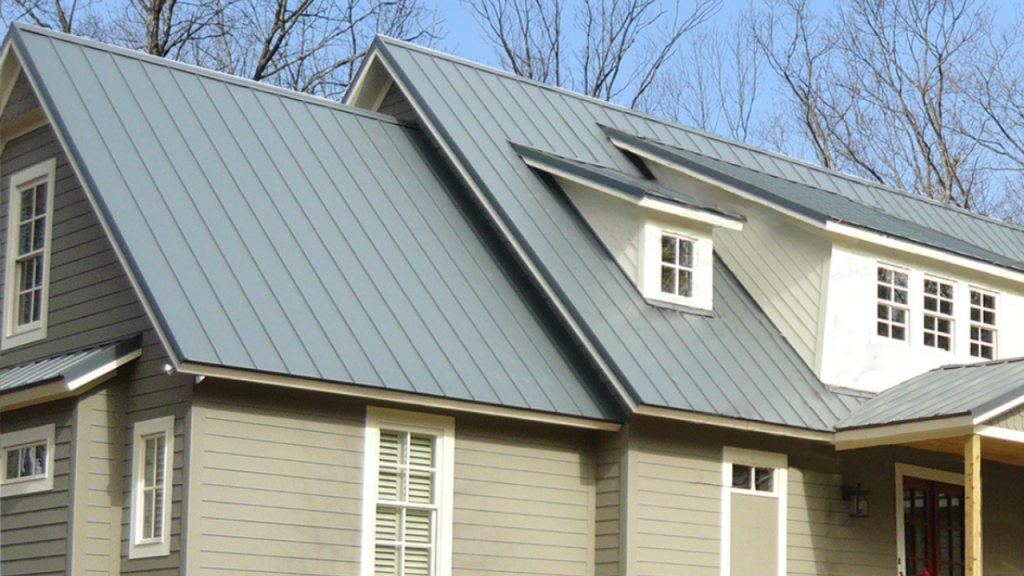When it comes to staying cool and saving energy, one often overlooked solution is energy-efficient metal roofing. Metal roofs have gained popularity in recent years due to their durability, longevity and aesthetic appeal. However, what many people do not realize is that metal roofing can also contribute significantly to energy efficiency and reduced energy consumption in buildings. One of the primary reasons why metal roofs are energy-efficient is their ability to reflect solar radiation. Unlike traditional asphalt shingles, which absorb heat and transfer it into the building, metal roofs have high reflectivity, meaning they reflect a significant portion of the sun’s rays. This reflective property helps to reduce the amount of heat that enters the building, especially during hot summer months. As a result, the building’s cooling system does not have to work as hard, leading to lower energy consumption and reduced cooling costs.

Furthermore, Metal roofing near me can also be designed with high emissivity, which refers to their ability to release absorbed heat quickly. This feature allows the roof to cool down faster during the evening or at night, promoting better thermal comfort inside the building. By effectively radiating the absorbed heat, metal roofs help to maintain lower indoor temperatures and minimize the need for excessive air conditioning. In addition to their reflective and emissive properties, metal roofs can be installed with insulation materials and reflective coatings. These additional layers enhance their energy-saving capabilities by further reducing heat transfer and increasing thermal resistance. Insulation materials prevent heat from penetrating the roof, while reflective coatings enhance the roof’s reflectivity, resulting in a more efficient overall system.
Moreover, metal roofs are known for their durability and longevity. Unlike other roofing materials that may require frequent replacements or repairs, metal roofs can last for several decades with minimal maintenance. This long lifespan reduces the environmental impact associated with manufacturing and disposing of roofing materials. Additionally, the durability of metal roofs also contributes to energy savings since fewer resources are needed for replacement or repairs over the building’s lifetime. In conclusion, energy-efficient metal roofing solutions provide a compelling option for staying cool and saving energy. Their high reflectivity, emissivity and the ability to incorporate insulation materials and reflective coatings make them effective in reducing heat transfer and lowering energy consumption. Furthermore, their durability and long lifespan contribute to sustainability by reducing waste and conserving resources. Whether it is for residential or commercial buildings, opting for energy-efficient metal roofing is a wise choice that combines both environmental benefits and cost savings in the long run.


